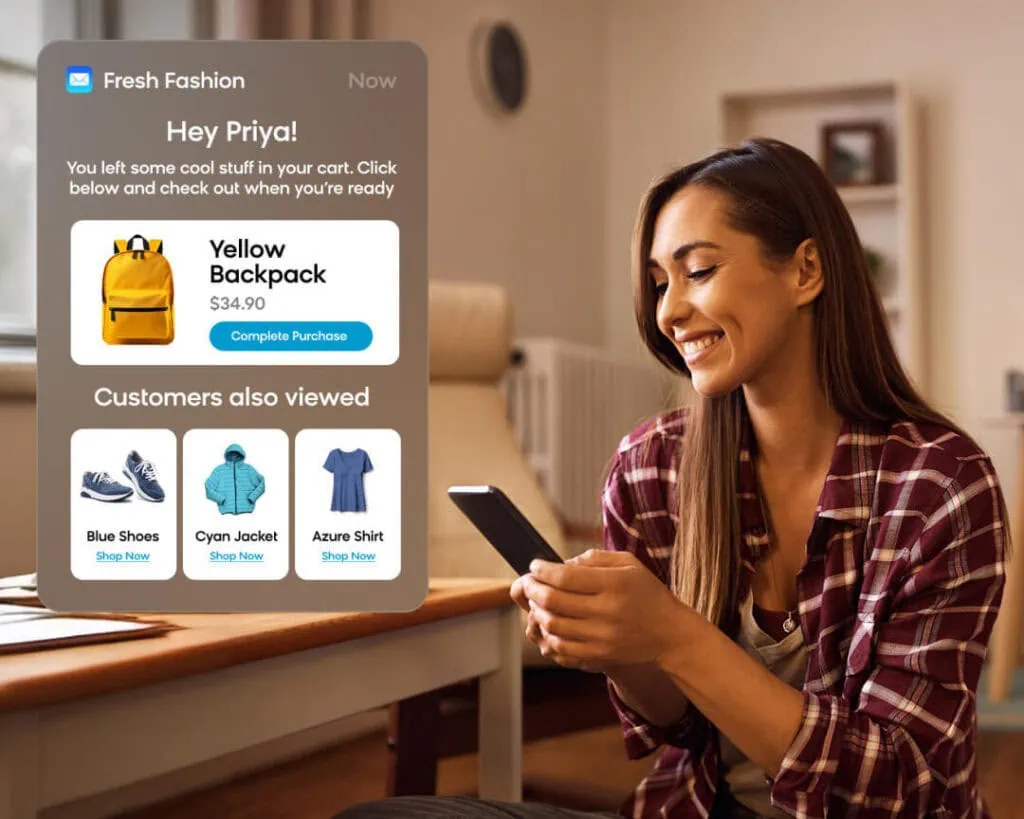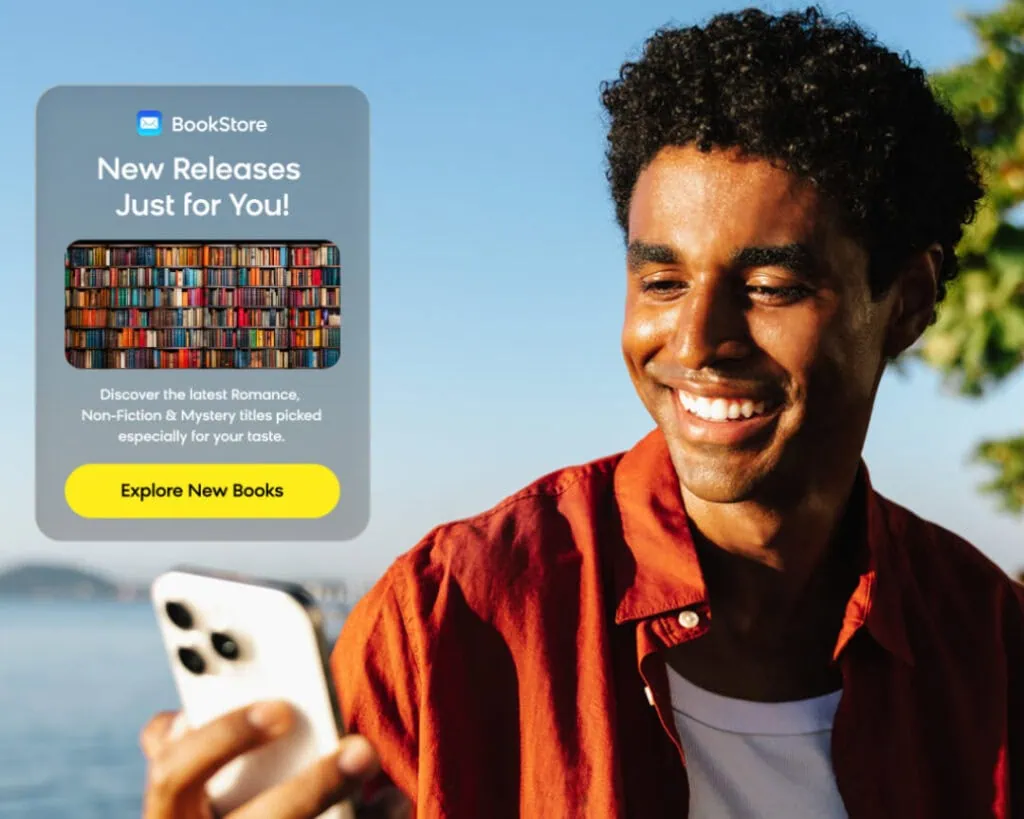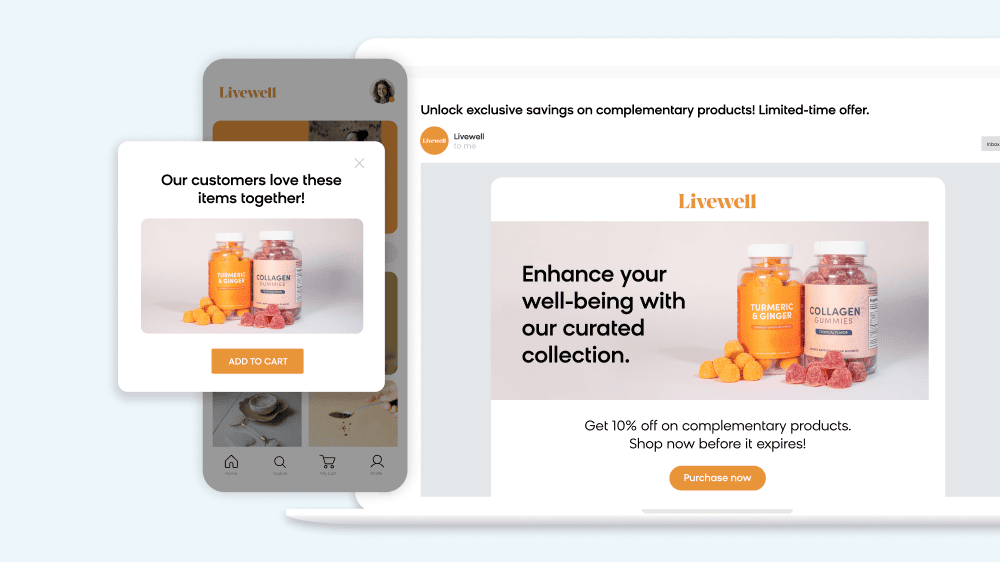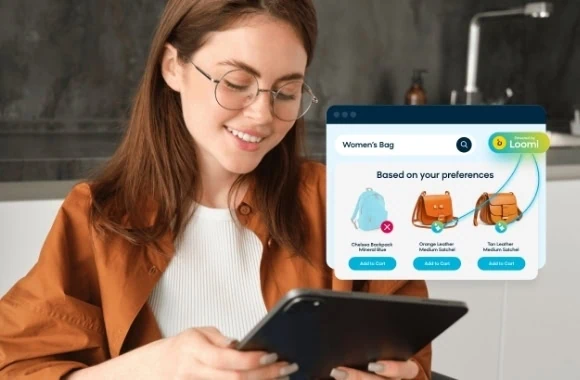Unless you’ve been living under a rock for the past 12-18 months, you’re likely to be at least somewhat aware of the changes surrounding browsers and customer data privacy.
Firefox’s Enhanced Tracking Protection (ETP) and Safari’s Intelligent Tracking Prevention (ITP) have forced marketers to stop relying on third-party tracking and third-party cookies as they were able to for the previous 20+ years of tracking customer behavior online.
Companies all over the world have scrambled to figure out how to replace the third-party cookie when it comes to important online marketing tools such as targeting, retargeting, display advertising, and other types of general behavioral marketing.
Our experts are here to help. Keep reading for important tips from our thought leaders that will help ensure your company doesn’t lose revenue because of browsers making privacy changes.
Q: Why does my company have to stop relying on third-party tracking and third-party cookies?
A: Clint Burgess, Head of Product Marketing
Third-party cookies are going away and will be gone from some browsers as early as January 2022. It will impact your marketing efforts because you’ll have less access to data which will result in less ability to re-target, optimize campaigns, and personalize. It will impact you less if you start changing the way you gather information from your customers and be more intentional about the way you use that information.
The parody of marketers claiming that “everything is dead” is true. Most things don’t die.
Except for third-party cookies. They will die eventually. And have on some browsers already.
A: Lenka Gondova, Data Protection Officer
Frankly, because third-party cookies are going away. And they should be.
The push towards customer privacy has been strong for years now with regulations like the General Data Protection Regulation (GDPR) and the California Customer Privacy Act (CCPA) making non-compliance a big deal monetarily. With fines soaring, it is time for companies to prioritize taking care of customer data and to incorporate data privacy in everything that they do.
With customers voicing concerns about their privacy more and more, and with the amount of customer data leaks we’ve seen, the market is going to change completely. Cross-site tracking as we’re used to and sending all customer data to advertisers via pixels is no longer a viable way of doing business.
Q: What happens if I don’t take any action on this topic and just continue to operate as I have over the past 20+ years?
A: Martin Simo, Product Marketing Manager
You’ll go blind and broke.
It has always been access to outstanding analytics that has enabled digital marketers to understand customer behavior. Digital marketers have grown confident that they understand customer behavior through analytics.
What we’re seeing now (since the changes from Safari and Firefox have been implemented) is that they continue to be confident about data that is no longer as accurate as they believe. And if they don’t take action, they will make confident decisions based on inaccurate data that will hurt their business.
A: Aviv Raff, Chief Information Security Officer
If a company is working with a vendor that does not have a high capability of understanding customers, or not working with any vendor at all, the company will see a significant drop in revenue.
Taking action to combat these changes is essential and it is almost equally as important to work with a vendor that can provide support in this regard. Sitting back and doing nothing is not a good option.
Q: What does a cookieless future look like?
A: Clint Burgess, Head of Product Marketing
Not having third-party cookies means it will be harder for advertisers to collect data that marketers can use for retargeting or campaigns. The ads will be much less relevant.
In our webinar with Facebook, it is mentioned that costs per conversion may go up as much as 150%.
It also means that measurement will be harder. If the cookie expires after a day, but the customer converts in three days, you will have a harder time making the claim that a certain conversion came from your marketing effort.
For businesses that rely heavily on performance marketing and don’t have a big margin (or room for errors), this change will be an issue, because their marketing won’t be as effective. And, of course, affiliate marketing will be affected.
A: Martin Simo, Product Marketing Manager
As far as the future is concerned, it looks like cookies are going to replace the cookie. It’s just going to be a different kind of cookie.
The most troubling cookies from a customer privacy perspective are third-party cookies. Third-party cookies enabled tracking across multiple sites and identified a customer and the patterns associated with that customer over the broader span of the internet.
The first-party cookies that are going to replace them are much more local and controlled by the site the customer is coming to. That allows for an inherent limitation on cross-site tracking and other breaches of customer privacy.
Q: How will the changes to browsers affect my day-to-day operations right now? What should I do differently?
A: Aviv Raff, Chief Information Security Officer
Everyone who uses the internet is going to be affected by this.
Bloomreach is ahead of the curve because of the work we have done and the information we have collected on this topic. We are even working directly with Facebook. This gives us a huge advantage on other products because we can gather more useful data for the future.
For our customers, they have an amazing business opportunity to expand. If they want to know more about their customers and their users, they should use Bloomreach Engagement right now.
A: Juraj Frank, Business & AdTech Consultant
We’re monitoring the effects of the browser changes on the data of our clients, and so far it seems that the effects are merely cosmetic.
For example, a customer can see a decline in the revenue from email campaigns, but a further analysis would reveal that the actual total revenue hasn’t changed. Only the ability to attribute that revenue correctly has been temporarily impacted.
On the other hand, we have clients who are using Bloomreach Engagement to circumvent the cookie limitations and share conversion data with advertisers using our server-to-server integrations. Or evaluate their A/B test more accurately thanks to Bloomreach Engagement’s ability to reliably identify customers across sessions.
Your customer data platform will become a much more important part of your business. If you don’t have one, it’s time to get one.
On the data destination front, as one of the last sources of reliable data, companies will move to connect more and more systems to a CDP. On the data ingestion front, you need to make sure that you’re using a CDP like Bloomreach offers that is able to ingest data in a server-to-server manner to keep getting the full picture of customer behavior.
Q: How do I make my company’s cookieless future bright rather than bleak?
A: Aviv Raff, Chief Information Security Officer
Companies need to make decisions based on who can provide the best value. Any product that can be tied into actual data – this is where companies need to put their focus.
Right now, they cannot count on browser vendors to provide them with a bright future. Unfortunately, we can see that with every browser that is out there right now. Companies need to get access to data to provide the best possible experience to their customers.
Privacy is of the utmost importance and it needs to be provided for all. We are paying the price now for not doing this in the past.
It’s best to find a company like Bloomreach that can make the price we are all paying much more manageable.
A: Clint Burgess, Head of Product Marketing
You’ll have less access to third-party data in the post-cookie world. That means you’ll need customers to share more information with you directly. You can’t just tell people to log in more often (please). You need better ways to give and take.
Being transparent about how you are using customers’ data (zero-party data) can help you collect better data. Simple things such as “These items are here because you marked them as favorites” helps to build trust with your customers.
Leveraging more offline data will be important as well. Bringing all your data into one place to build a single customer view is what we do at Bloomreach.
You can also find creative ways to encourage more people to login. Loyalty programs are a start but think of the value and website features that you can make available to logged-in customers only.
Cookies are going away, but there’s a silver lining in the opportunity it gives us to develop relationships with our customers. We hope the result will be a sustained effort by companies to collect quality information about their customers and use it for good.
—————————————-
There you have it. Our thought leaders have spoken. If you have not taken the steps to prepare your company for a cookieless world, the time to start is now.
It’s also best to take these steps with a partner in your corner. Bloomreach solutions allow your company to deliver magical experiences that convert on any channel and every journey. Schedule a personalized demo today to see the power of unified product and customer data firsthand.














